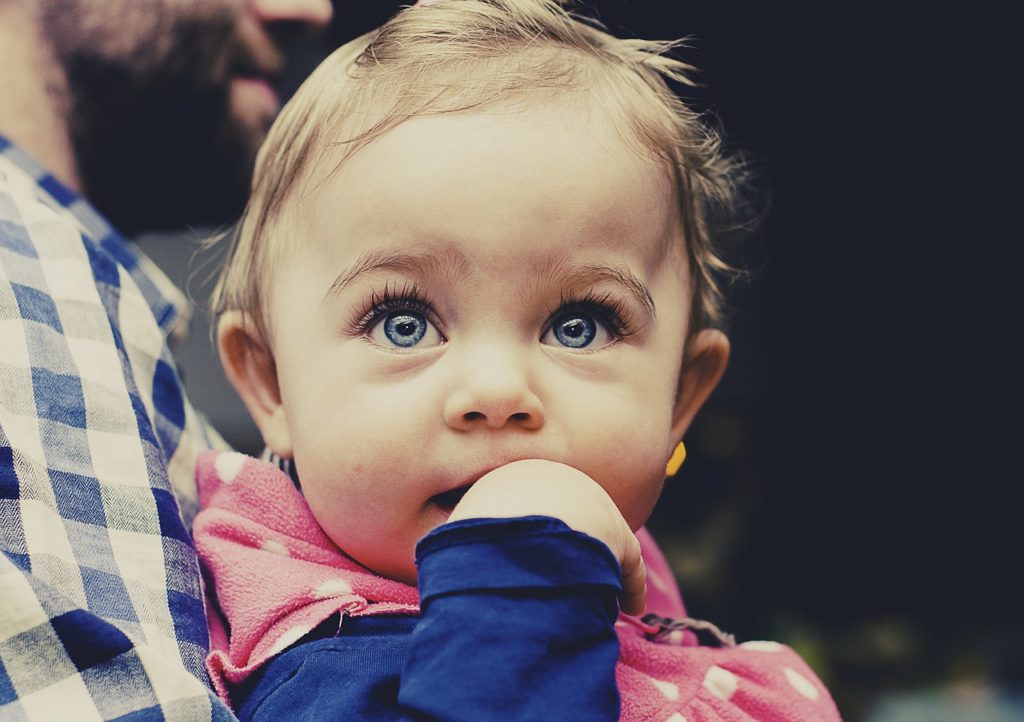The intelligence of humans surpasses any other animal on earth, but we’re quite vulnerable as infants. For years, babies depend on adults to raise them and keep them safe, and the intellectual capacity of babies is quite low – or at least so we thought. A recent study suggests babies are capable of logical thought before they even develop speech and language abilities.
The Study
It had generally been accepted that children don’t develop logical reasoning capabilities for several years after they are born, but a recent research study asserts that babies are capable of logical thought – a finding which flies in the face of our understanding of child development.
Although they aren’t able to speak during the first couple of years, babies are capable of logical thought and working through the process of elimination.
The study was carried out by a team of researchers led by Stella Lourenco at Emory University. The group used a scanner to analyze the eyes of a group of 48 babies and were able to come to the conclusion that babies are capable of logical thought.
The Results
The results, published in Science, were arrived at by showing the study participants animations that showed them two different objects. At that point, one object was moved behind the barrier and one of them was taken away. When the barrier was removed, just one object remained, and the babies stared longer when one of the objects was still around – implying confusion.
The Implications
Although this research does suggest that babies are capable of logical thought, more research is required to move this theoretical knowledge into practical applications. However, the knowledge that even babies are capable of logical thought may have massive implications for the field of child psychology. With the knowledge that logic is accessible nearly from birth, psychologists may be able to better understand cognitive function and diagnose issues sooner. With faster intervention, it may be possible to set a child up for a more successful future.
“The success of science rests on our human ability to reason logically. But where does this ability come from? Is it an inherent attribute of mind that even a young child might possess, or is it a hard-won accomplishment mastered later in life?” reads the study’s summary.
Scientists have long known that children are capable of reasoning before they have fully developed speech, but this study is significant in that it calls into question when, exactly, babies are capable of logical thought.
“We found that within the first year of life, children can engage in this type of logical reasoning, which was previously thought to be beyond their reach until the age of about four or five years,” said Lourenco.
The field of developmental psychology is largely based off of milestones from which you can gauge how a child is developing in relation to the norm. With young children unable to voice their concerns to a psychologist the same way an adult could, the field is largely based on speculation and interaction with caregivers. When observing behaviors with the new knowledge that babies are capable of logical thought, there may soon be revisions in the way we diagnose children from a psychological standpoint.
At this current point in time, there are very few 100% reliable tests for determining issues with psychological function. Unlike physical ailments in which there are ways to find a yes or no answer, psychology is much more of a soft science. As our knowledge about child development continues to be revised, we move closer and closer to more accurate diagnoses that lead to a stronger outcome for our children.












